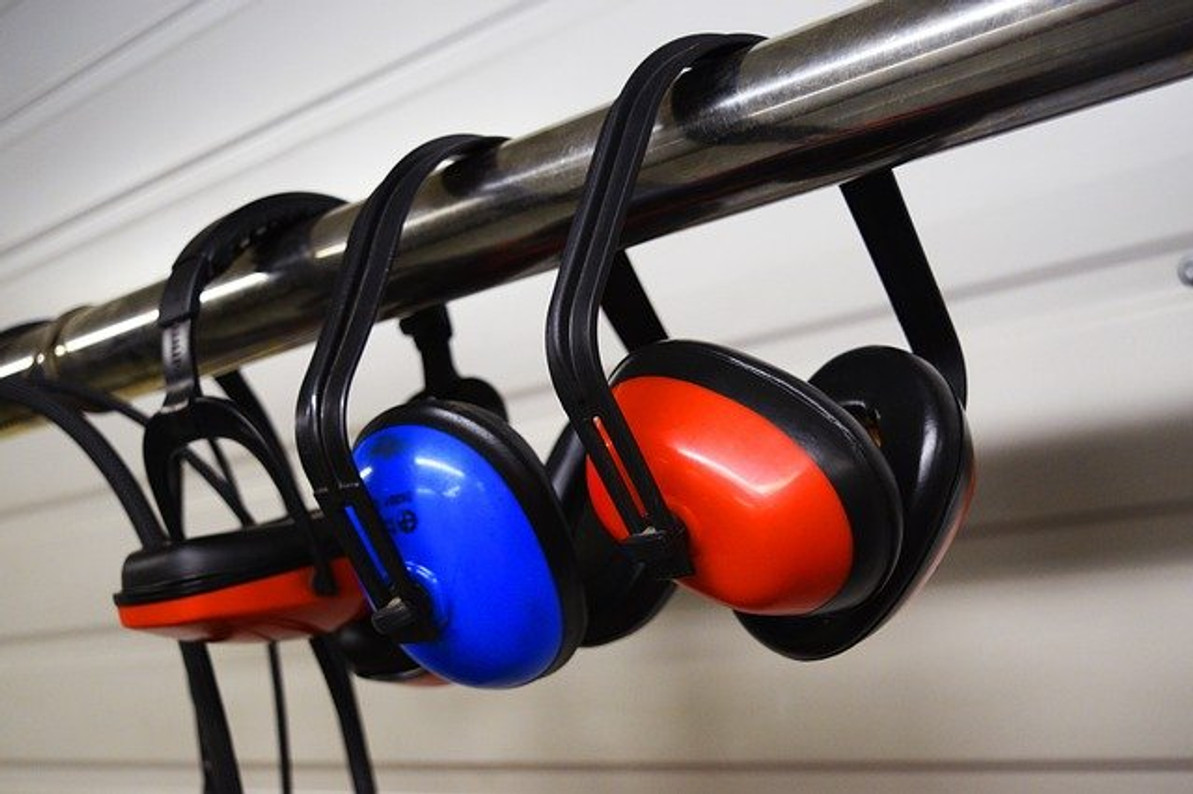What Is Work-Related Tinnitus and How Do You Prevent It?
When researching some of the most common types of injuries sustained in the workplace, you may come across tinnitus. According to the U.S. Centers for Disease Control and Prevention (CDC), over one in 10 workers in the United States suffer from some degree of hearing loss, whereas 8% of all U.S. workers suffer from tinnitus. What is work-related tinnitus exactly, and how do you prevent it?
Overview of Work-Related Tinnitus
Work-related tinnitus is a hearing condition sustained in the workplace that's characterized by ringing in the ears. Most people will experience ringing in their ears at some point during their life. With tinnitus, however, this ringing noise is more noticeable -- often to the point where it disrupts a worker's ability to concentrate.
The Occupational Safety and Health Administration (OSHA) explains that tinnitus can be temporary or permanent. Short-term exposure to loud noise typically causes temporary tinnitus in workers. Workers who are exposed to loud noise may begin to experience ringing in one or both of their ears. Upon leaving the loud environment, the ringing will subside. If workers are constantly exposed to loud noise, though, they may develop permanent tinnitus that doesn't subside or otherwise go away.
Common symptoms of work-related tinnitus include the following:
- Ringing or buzzing sound in the ears
- Trouble hearing
- Headache
- Dizziness
- Vertigo
- Trouble falling asleep or staying asleep
How to Prevent Work-Related Tinnitus
To protect yourself from work-related tinnitus, you must limit your exposure to loud noise. Although it can have other underlying causes, most cases of work-related tinnitus are associated with loud noise. There are two specific factors of loud noise that contributes to tinnitus: duration and level. The longer you exposed to loud noise, the greater your risk of developing tinnitus. At the same time, the level of the noise itself can affect your risk of tinnitus. The louder the noise, the greater it will impact your hearing and, thus, your risk of tinnitus.
Try to avoid long-term exposure to loud noise. If work in a noisy area, take breaks regularly throughout the day. When you take a break, you can move to a different, quieter area.
Wearing the right hearing protection, of course, can lower your risk of developing tinnitus. Hearing protection consists of earplugs and earmuffs. Earplugs are small pieces of foam-like material that you insert into your outer ear canal. Earmuffs, on the other hand, are larger headphone-like muffs that you wear over your ears. They are both designed to minimize the amount of noise and sound vibrations that reach your eardrums.
Recent Posts
-
Fire Safety in the Workplace: What You Need to Know
What steps are you taking to prevent fires in your workplace? According to the U.S. Occupational Saf …Aug 23rd 2023 -
Is It Safe to Go Jogging With a Cold Infection?
If you're suffering from a cold infection, you might be wondering whether it's safe to go jogging. T …Aug 22nd 2023 -
5 Safety Tips to Follow When Using a Powder-Actuated Tool
Powder-actuated tools are commonly used to join materials to steel and concrete. Also known as Hilti …Aug 20th 2023




